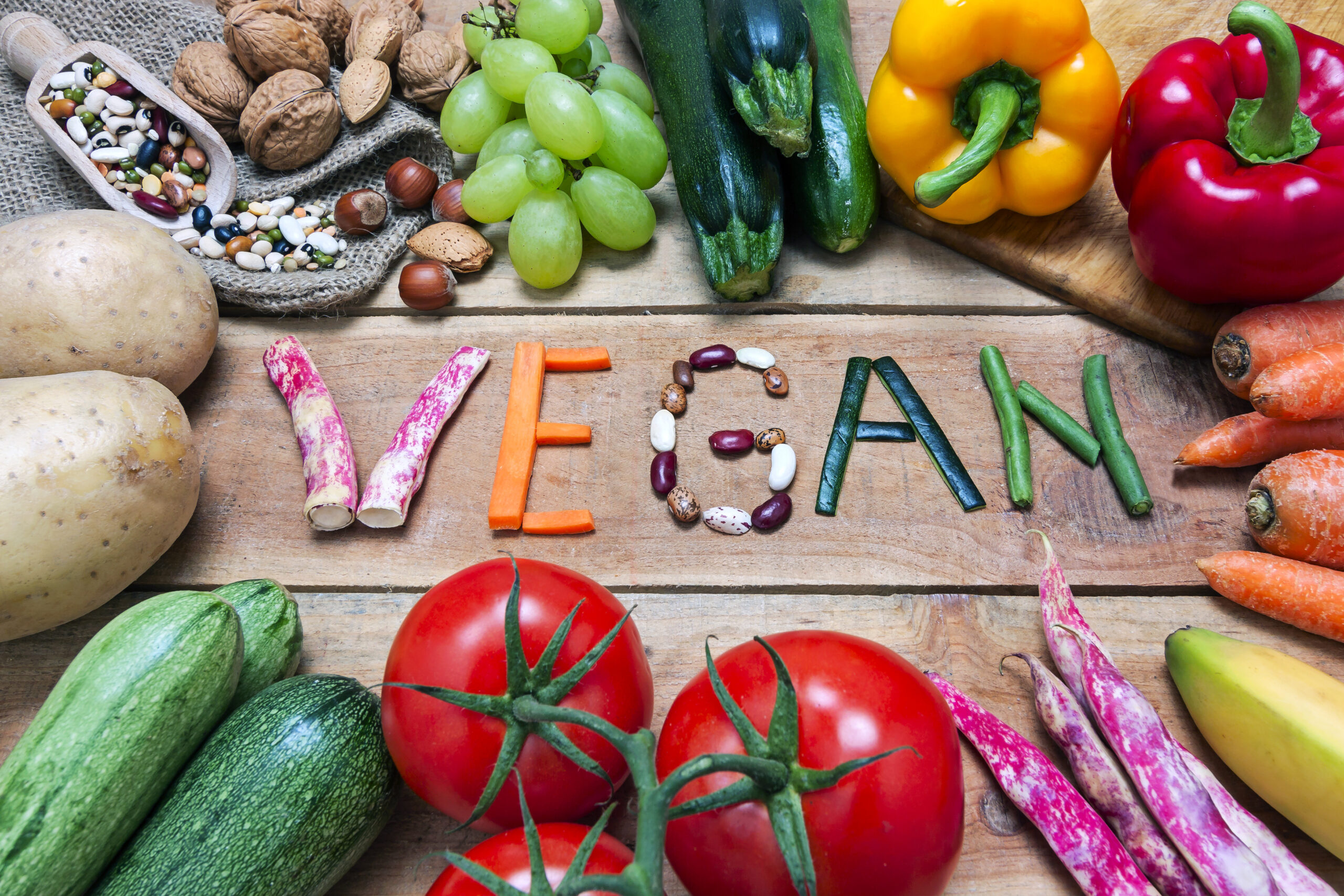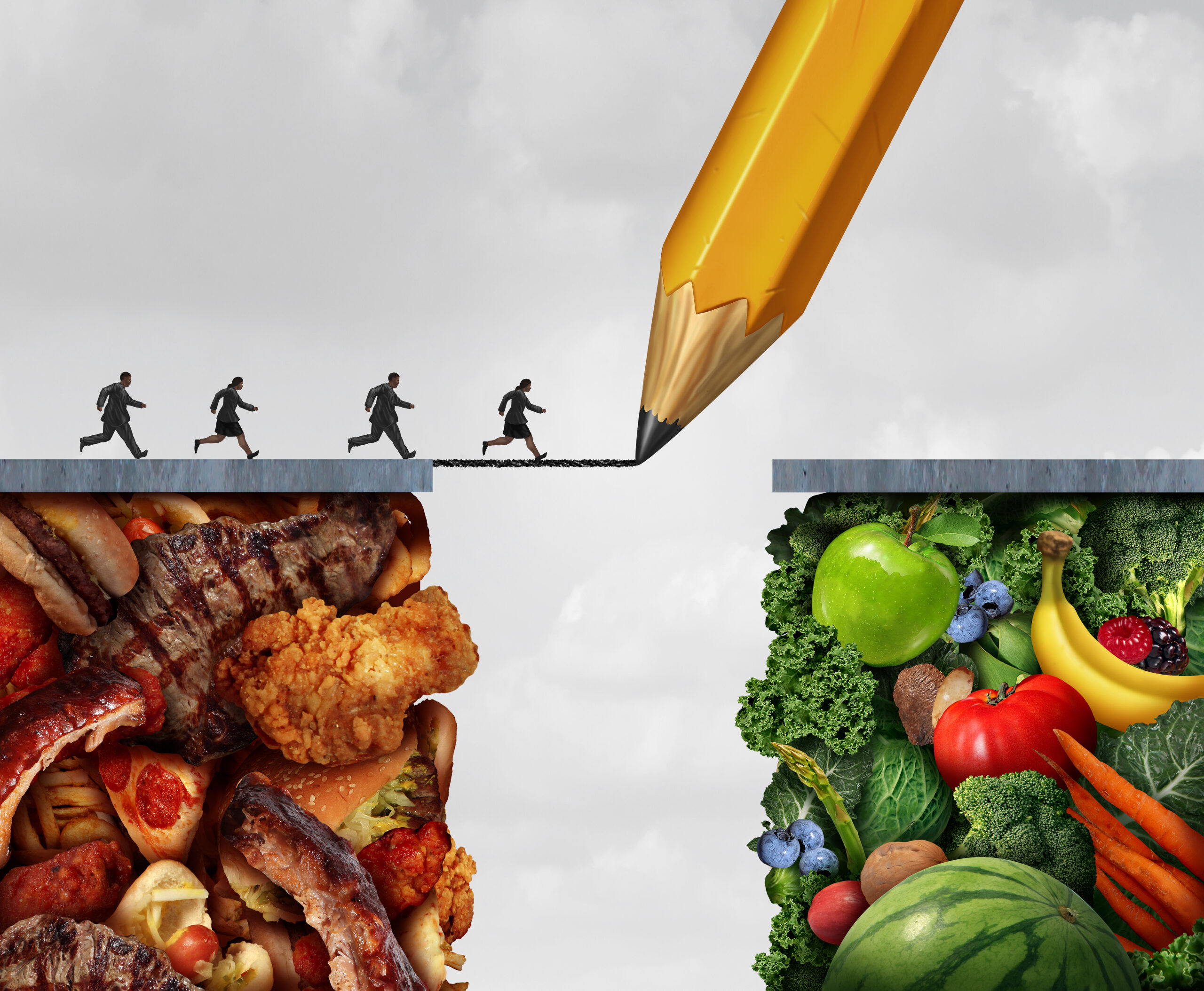DISCLOSURE: My role as an experienced and educated coach is to be able to provide the best format of eating a healthy diet for you based upon your individual lifestyle factors, level of knowledge on fitness, accessibility to nutrition, finances, religious beliefs and ethical considerations. I’m not here to promote one type of “healthy” eating, or to convert you to veganism or deter you from it. These are my opinions, supported by science and academic reviews.

Just like most things in life, there are trends and buzzwords around certain topics. Whether it’s the latest fashion trends or exercise regimes, nutrition and fad diets are definitely no exception, especially when it comes to veganism and fitness.
For some of you, the vegan diet will be the only option if you don’t want to eat or use animal products, full stop. But for some of you out there who follow the latest trends, you may feel like becoming vegan is healthier than other forms of eating due to what you’ve seen or heard in your everyday life, social media or those around you
My aim of this three-part mini blog series surrounding veganism and fitness is to provide you with a balanced view of the diet and help you make an informed decision about your nutrition.
What is veganism?
Veganism is a controversial diet and something most of us would’ve heard about in modern-day culture. Veganism is defined in short as “a philosophy and way of living which seeks to exclude – as far as is possible and practicable – all forms of exploitation of, and cruelty to, animals for food, clothing or any other purpose. In dietary terms it denotes the practice of dispensing with all products derived wholly or partly from animals”. This essentially means that you cannot consume or use products that have been used on animals or that come from animals, which in our society, can be hard to come by.

I personally think veganism is a very personal choice and there are numerous ethical benefits and considerations to following the particular lifestyle. The animal welfare is of paramount importance to the vegan lifestyle and if this isn’t your top priority then it might not be the best lifestyle to follow initially.
Many experts argue that it’s difficult to get a sufficient amount of nutrients following the vegan diet and has had much speculation around its benefits to human health, animal welfare and environmental benefits.
Different diets and their environmental effects
Delving in deeper, let’s go over some of the more direct comparative environmental factors between veganism, vegetarianism and omnivorous diets.
In summary, omnivorous diets are the most damaging to the environment because of the high greenhouse gas emissions rate. For example, per 1kg production of beef, 43kg of greenhouse gases are produced with 22kg of these gases being methane. Producing each 1kg of consumable beef requires about 13kg of grain and 30kg of hay, which in turn, requires 105,400 litres of water.
Furthermore, 500-2000 litres of water is required to produce 1kg of crop. In terms of fossil energy used in this process, the input needed to produce 1kcal of plant protein is 2.2kcal. For instance, 1kg of protein obtained from a plant-based source requires approximately 100 times less water than 1kg of protein from an animal origin.
As well as this, the deforestation caused by cattle ranching in the Amazonian countries has a double negative effect. The reduction of the Amazon rainforest also reduces oxygen production as well as reducing CO2 absorption rates, therefore changing the ecosystems of the soil and surrounding areas for wildlife.
If this kind of stuff interests you and you’d like to know more about diets and their environmental effects, this article is definitely worth a read. Otherwise, keep look out of my second instalment of my veganism and fitness mini blog series where I discuss the pros and cons of a vegan diet.
Peace and love, Cam
